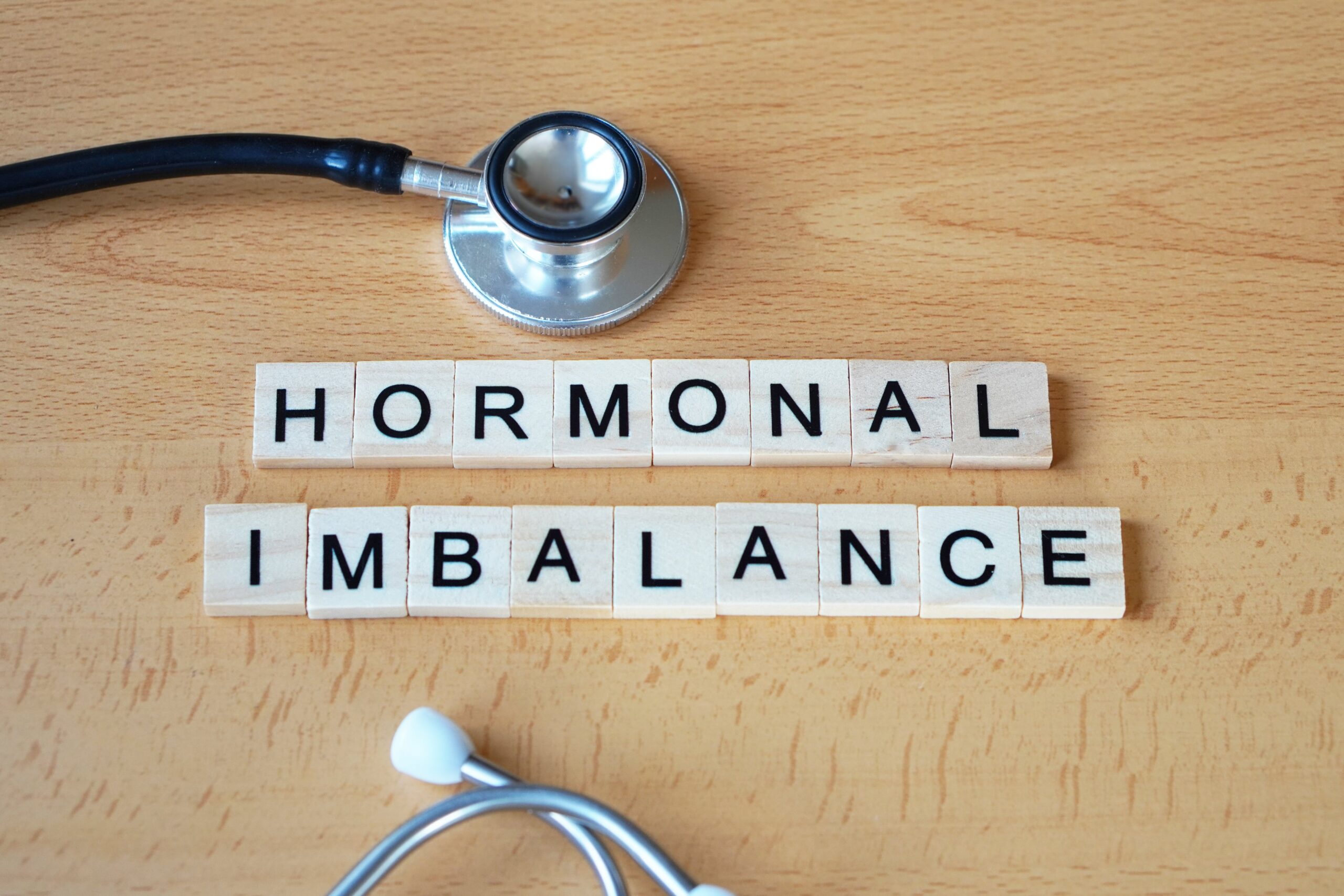Hormones are chemicals produced by your body’s endocrine glands. They act as messengers, traveling through your blood to tell your organs and tissues what to do and when to do it. Hormones help control a wide variety of functions in your body, from your metabolism to your heart rate to your sleep-wake cycle.
Hormone imbalances occur when your body produces either too much or too little of a hormone. Since hormones are powerful, even a slight imbalance can leave you feeling unwell, though the symptoms can be subtle or mistaken for other issues. At PACT, our endocrinologists are dedicated to diagnosing and treating hormonal issues.
Common Signs of Hormone Imbalances
There are many different hormones in your body, from the melatonin that controls your sleep and wake cycles to the leptin that controls your appetite. The signs of a hormone imbalance will vary depending on which hormone is affected and how far its levels are from the normal range. The symptoms can also differ between men and women.
Common Symptoms of Hormone Issues
In both men and women, some of the common warning signs of a hormone imbalance include:
- Anxiety, nervousness, or restlessness
- Depression and irritability
- Unexplained weight loss or weight gain
- Constipation or diarrhea
- Feeling unusually cold or hot
- Extreme tiredness
- Unusually slow or fast heartbeat
Symptoms in Women
Due to differences in male and female hormone systems, some symptoms of hormone imbalances are unique to women. Women with hormone imbalances may notice:
- Acne
- Heavy periods
- Irregular periods
- Vaginal dryness
- Infertility
- Excess body hair
Symptoms in Men
For men, hormone imbalances can cause symptoms such as:
- Erectile dysfunction (ED)
- Enlarged breast tissue
- Loss of muscle mass
- Loss of body hair
- Reduced sex drive
- Infertility
What Kind of Doctor Treats Hormonal Issues?
When you notice signs of a hormone imbalance, the first step is typically to talk to your primary care physician. They can assess your overall health, order initial tests, and rule out other potential causes of your symptoms. Primary care physicians are trained to diagnose many common hormone-related conditions, like diabetes or an overactive/underactive thyroid.
If necessary, your primary care physician will refer you to an endocrinologist. An endocrinologist is a specialist doctor for hormones. They have the expertise to manage a wide range of hormonal issues, including complex or rare conditions.
How Hormonal Imbalances are Diagnosed
When you visit an endocrinologist for assessment of hormone problems, diagnosis typically involves a review of your medical history and a physical exam, and potentially blood tests.
A Review of Your Medical History
To diagnose a hormonal imbalance, doctors typically start by gathering information about your medical history. They’ll ask questions about the symptoms you’re experiencing, the medications you’re taking, and your other health conditions. This helps your doctor understand your overall health and narrow down the conditions that could be causing your symptoms.
Your doctor will likely ask questions about your typical lifestyle. Lifestyle factors can affect your hormones. Be prepared to discuss your diet, exercise habits, and sleep patterns.
Physical Examination
After reviewing your medical history, your doctor may perform a physical exam. The physical exam helps them gather more information about your symptoms. During the exam, they may take your weight and blood pressure, examine your skin, or gently press on specific glands throughout your body.
Blood Tests
Based on your medical history and the results of your physical exam, your doctor may order blood tests. Blood tests are used to check the levels of certain hormones in your body. There are many types of hormone blood tests, including tests to check your thyroid health, adrenal function, and reproductive function.
Hormone levels may vary throughout the day. To get accurate information about your hormone levels, your doctor may want to check your hormones at specific times or after you’ve done a particular action, like fasting or taking medication.
Hormone Treatment Options at PACT
At PACT Endocrinology, we are committed to providing comprehensive management of hormonal conditions, including diabetes, thyroid disorders, adrenal disorders, and osteoporosis. Your treatment plan will be personalized based on your health condition, as well as your preferences, to improve your quality of life.
Medication
There are many prescription medications that endocrinologists can use to treat hormone-related conditions. Some of the most commonly prescribed medications include synthetic thyroid hormones to treat underactive thyroid glands and anti-hyperglycemic drugs to lower blood sugar levels in people with diabetes. If your endocrinologist prescribes a medication, be sure to take it as directed.
Lifestyle Changes
Lifestyle habits can have an impact on your hormone levels. Your endocrinologist may recommend making changes to your daily habits to help maintain a hormonal balance and manage your symptoms. Depending on your current habits and type of hormone imbalance, the recommendations could include watching your sugar intake, limiting alcohol, getting regular exercise, or looking for ways to manage stress.
Specialist Referrals
Sometimes, endocrinologists work with other specialists to provide more focused care. Your endocrinologist may refer you to one or more specialists as necessary for your condition. For example, if you have a metabolism-related issue, your endocrinologist could refer you to a dietitian. If your hormone imbalance is affecting your heart, you could be seen by a cardiologist. And if you have a hormone imbalance that may require surgery, your endocrinologist will typically refer you to a surgeon.
Looking for a Doctor for Hormones in Connecticut?
Hormone imbalances can cause a wide range of symptoms, including tiredness, digestive issues, and mood changes. If you’ve been feeling unwell, consider seeing a hormone doctor. They can help identify the underlying problem and provide the treatment you need to live well.
PACT Endocrinology provides compassionate, comprehensive care to people living with hormone-related conditions, from diabetes and high cholesterol to infertility and low testosterone. Our experienced endocrinologist, Dr. James Case, offers expert care and personalized treatment plans with a patient-centered approach. Dr. Case sees patients in our Hamden and Orange, CT offices. New patients are welcome. Contact us today to schedule your consultation.







